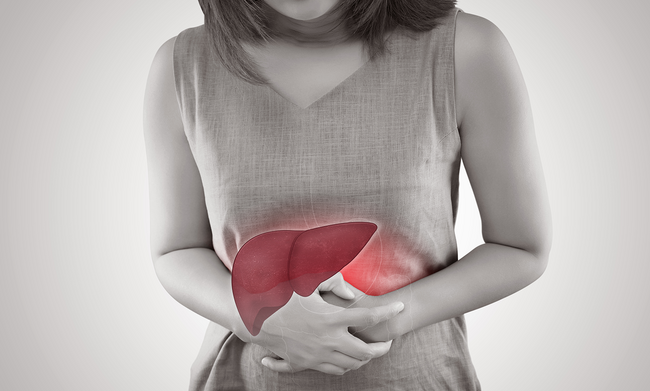It is estimated that through vaccination, the Region of the Americas has already eliminated mother-to-child transmission of hepatitis B.
Washington, DC, July 27, 2020 (PAHO) – The Pan American Health Organization (PAHO) today urged countries to maintain essential viral hepatitis prevention and treatment services during the COVID-19 pandemic so as not to jeopardize progress towards its elimination.
“In the midst of a pandemic, viral hepatitis continues to sicken and kill thousands,” said PAHO Director Carissa F. Etienne. “Services, including hepatitis B vaccination, are essential and cannot be interrupted. Care must continue safely for all those who need it,” she added.
In the Americas, 3.9 million people live with chronic hepatitis B and 5.6 million with hepatitis C. However, a model developed by the WHO estimates that 17 countries in the region have already succeeded in eliminating it. transmission from mother to child and early childhood. hepatitis B, and that the Americas as a whole have also achieved the goal of less than 0.1% prevalence of hepatitis B in children under 5 years of age.
PAHO/WHO recommends that all newborns be vaccinated against hepatitis B at birth and then receive at least 2 additional doses to be protected for life. “With universal vaccination, we are creating new generations free of hepatitis B and moving towards the elimination of hepatitis as a public health problem,” Etienne said.
World Hepatitis Day is celebrated every July 28 to raise awareness about viral hepatitis, which causes inflammation of the liver and can lead to cirrhosis and liver cancer. This year, the theme of the day is “A future without hepatitis”. Emphasis is placed on preventing mother-to-child transmission of hepatitis B.
More than 90% of new chronic hepatitis B infections result from mother-to-child or child-to-child transmission during early childhood. It is therefore essential that newborns and infants are vaccinated against hepatitis B within the first 24 hours of life. In the Americas, 31 countries (representing more than 95% of newborns, or approximately 14 million) recommend universal vaccination at birth and all countries and territories in the Region (51) vaccinate against hepatitis B as part of of their routine vaccination programs. Regional vaccination coverage is above 80%.
Following the introduction of the hepatitis B vaccine more than twenty years ago, the Americas are the region in the world with the lowest prevalence of chronic infection. “The progress made is exemplary,” declared the Director of PAHO. It is estimated that in 30 years, the region has managed to reduce the prevalence of hepatitis B in children under 5 years old from 0.7% to less than 0.1%, compared to a global average of 0.9 %.
“These results would not be possible with the commitment of governments, health personnel and families to vaccinate,” Etienne said. However, the PAHO Director also warned that routine vaccination rates have recently declined in some countries. She stressed that efforts should be made to ensure that vaccination of newborns against hepatitis B takes place in the first 24 hours of life and that vaccination coverage of children under one year of age must remain high .
The estimated prevalence of hepatitis B in the general population is also lower in the Americas (0.7%) compared to the global average (4%). While older generations have not benefited from childhood vaccination, countries are offering hepatitis B vaccination to populations such as healthcare workers and at-risk groups. With no cure for people infected with hepatitis B, early diagnosis can significantly prevent the risk of progression to cirrhosis and liver cancer, and access to treatment can control the infection.
There is currently no vaccine for hepatitis C, but antiviral drugs can cure more than 95% of those infected. However, only 14% of infected people in Latin America and the Caribbean are diagnosed and less than 1% receive treatment due to its high cost. Some countries in the Region have gained access to direct-acting antivirals (DAAs) – which can cure hepatitis C in three months or less – through the PAHO Strategic Fund, a mechanism that ensures affordable access and quality of this medicine. However, few use it currently.
In 2019, PAHO launched its Elimination Initiative end more than 30 infectious diseases in the Region by 2030, including viral hepatitis. To achieve this, health systems must ensure access to testing and treatment for all people with viral hepatitis and those who need it, as well as preventative measures such as vaccination.
Contacts
Leticia Linn
Sébastien Oliel
Ashley Baudouin
mediateam@paho.org
